- Pittsburgh campus of Sanford-Brown, where we are committed to preparing motivated individuals for rewarding careers in the healthcare industry. Sanford-Brown Institute-Pittsburgh is part of a network of private schools committed to educating trained, confident professionals for a growing number of career opportunities in the healthcare and related industries.
School Highlights
Pittsburgh Career Institute served 217 students (80% of students were full-time).
The college's student:teacher ratio of 6:1 was lower than the state community college average of 15:1.
Minority enrollment was 48% of the student body (majority Black), which was equal to the state average of 48%.
School Overview
Pittsburgh Career Institute
(PA) Community College Avg.
Carnegie Classification
Associates Colleges
Baccalaureate/Associate's Colleges: Mixed Baccalaureate/Associate's
Institution Level
At least 2 but less than 4 years
At least 2 but less than 4 years
Institution Control
Private for-profit
Private not-for-profit
Total Faculty
34 staff
58 staff
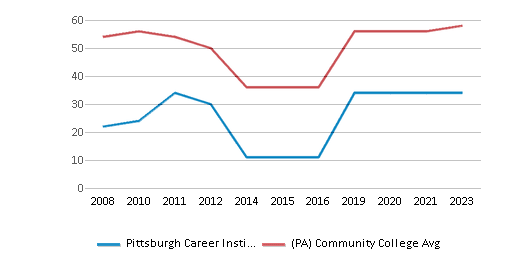
School Calendar
Student Body
Total Enrollment
217 students
361 students
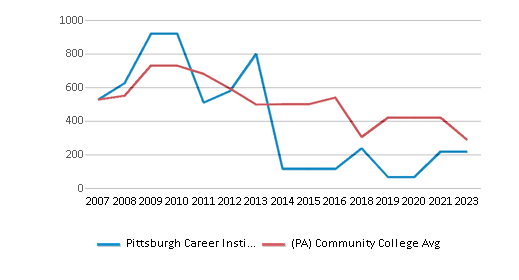
Student : Teacher Ratio
6:1
15:1
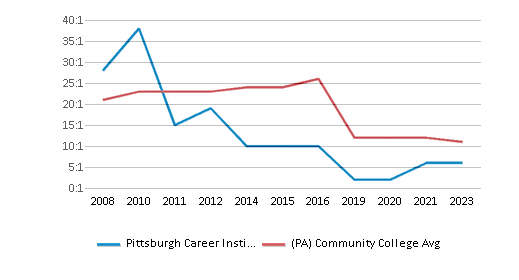
# Full-Time Students
174 students
310 students
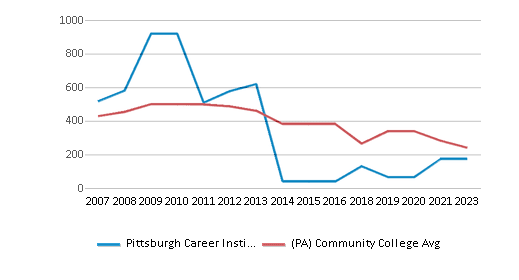
# Part-Time Students
43 students
134 students
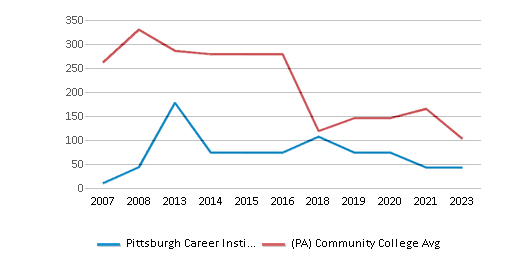
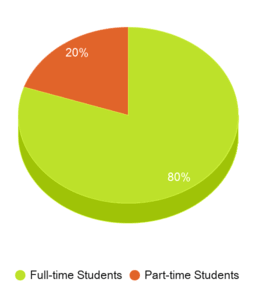
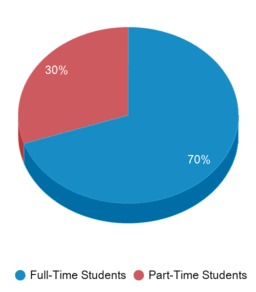
# Enrollment Undergraduate
68 students
300 students
# Full-Time Undergraduate Students
174 students
300 students
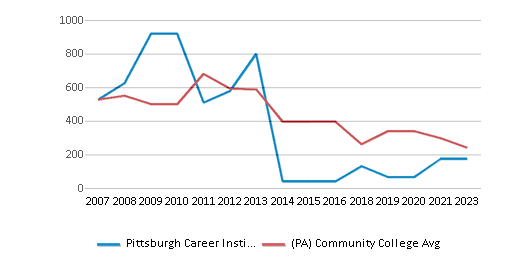
# Full-Time Graduate Students
n/a
10 students
# Part-Time Undergraduate Students
43 students
134 students
# Part-Time Graduate Students
n/a
12 students
Total Dormitory Capacity
n/a
330 students
% American Indian/Alaskan
1%
n/a
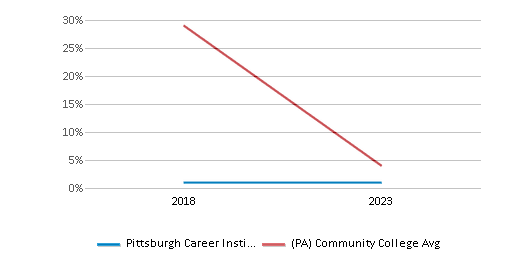
% Asian
5%
5%
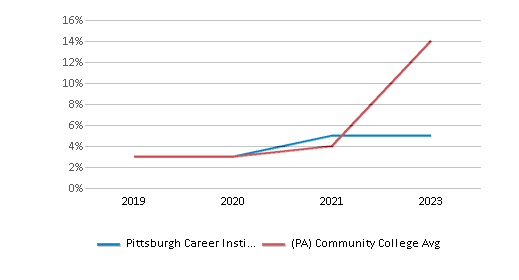
% Hispanic
1%
11%
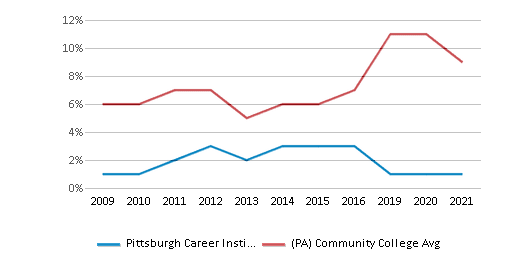
% Black
34%
15%
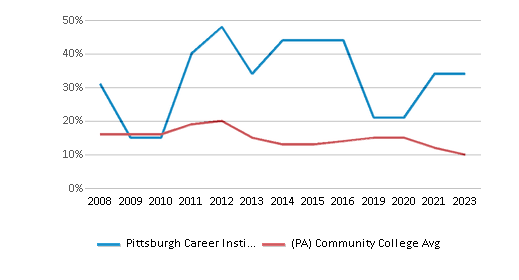
% White
52%
52%
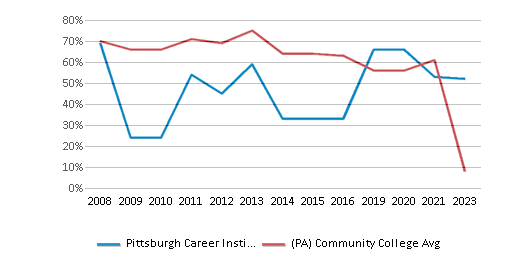
% Hawaiian
n/a
3%
% Two or more races
2%
3%
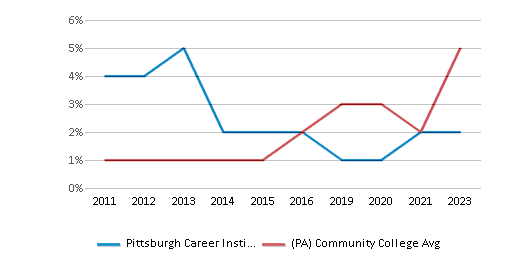
% Non Resident races
1%
1%
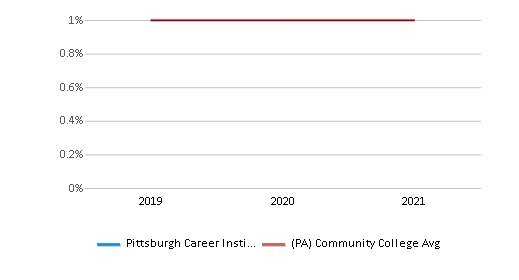
% Unknown races
4%
10%
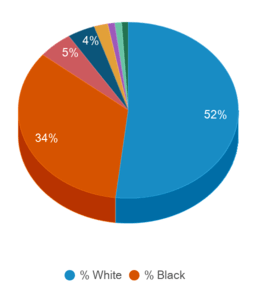
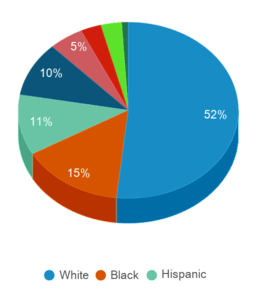
Diversity Score
0.61
0.68
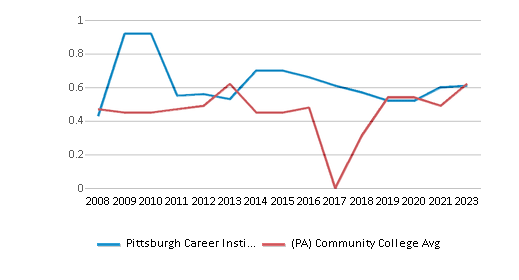
College Completion Rate (Students who graduate in less than 4 years)
49%
0.6111%
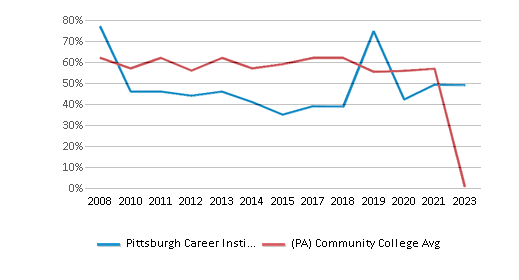
College Completion Rate (Students who graduate in 4 years or more than 4 years)
n/a
0.3822%
Average Graduate Earnings (10 Years)
$26,100
$34,900
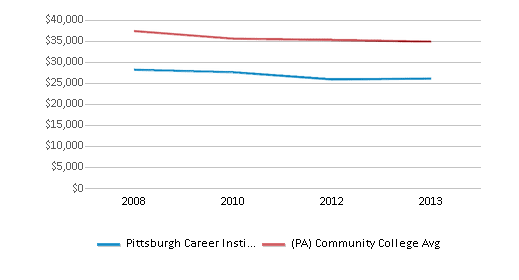
Tuition and Acceptance Rate
Private State Tuition Fees
$17,547
$17,177
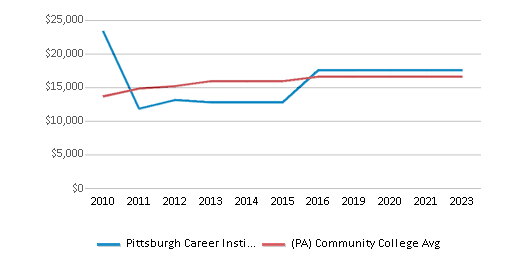
% Students Receiving Some Financial Aid
97%
91%
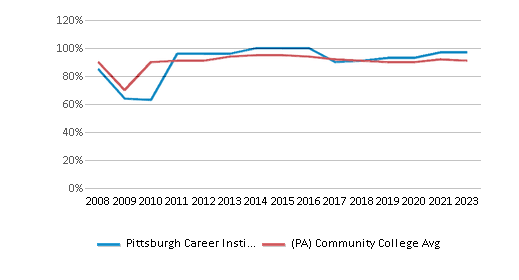
Median Debt for Graduates
$14,844
$13,620
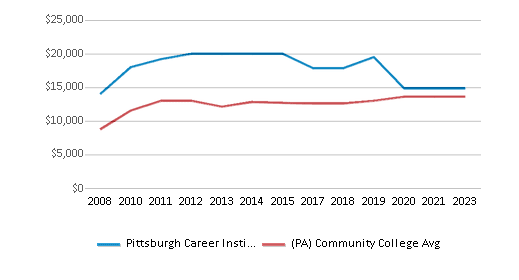
Median Debt for Dropouts
$7,334
$6,234
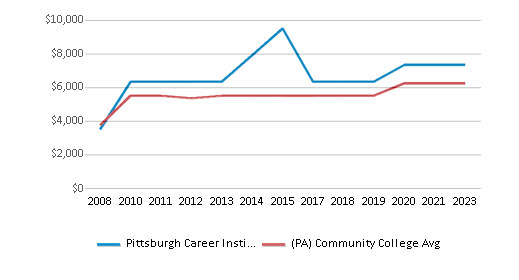
Acceptance Rate
97%
78%
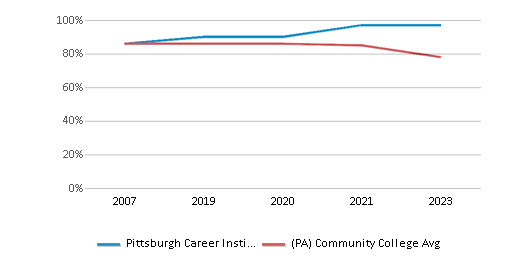
SAT Reading
n/a
460
SAT Math
n/a
470
SAT Writing
n/a
435
ACT Composite
n/a
20
ACT English
n/a
20
ACT Math
n/a
21
ACT Writing
n/a
7
Source: 2023 (or latest year available) Integrated Postsecondary Education Data System (IPEDS)
School Notes
- The Western School of Health and Business offer three kinds of programs, Associate in Specialized Technology Degree programs, Associate in Specialized Business Degree programs, and Diploma program. Western's programs emphasize hands-on training, are relevant to employers' needs, and focus on areas that offer strong long-term employment opportunities. The Western School offers different specialized degree and diploma programs in exciting career fields. Our Medical Technology Career Training Programs (AST) includes Anesthesia Technologist, Diagnostic Medical Sonographer II, Medical Assistant Specialist and Radiographer. Our Business Degree Programs (ASB) includes Paralegal Specialist and Business Administration. Our Diploma program includes Criminal Justice, Diagnostic Medical Sonographer, Medical Assistant, Medical Office Administration, Veterinary Technology and Massage Therapist. Western School of Health and Business is part of the Career Education Corporation network. Career Education Corporation is pleased to make placement assistance available for our graduates and alumni. On-site agencies, with global access to candidates and job opportunities from our domestic and international sites, are located on many of our campuses and can aid in securing employment that is both exciting and rewarding. Career Services department at the Western School of Health and Business is focused on two primary goals. One is to provide the best employment opportunity for our graduates and the second is to supply a high demand employment market with the best qualified candidates.
Frequently Asked Questions
How much does Pittsburgh Career Institute cost?
Pittsburgh Career Institute's private state tuition is approximately $17,547.
What is the acceptance rate of Pittsburgh Career Institute?
The acceptance rate of Pittsburgh Career Institute is 97%, which is higher than the state average of 78%.
In what neighborhood is Pittsburgh Career Institute located?
Pittsburgh Career Institute is located in the Downtown neighborhood of Pittsburgh, PA.
Recent Articles

Obtaining Your Bachelor's Degree at a Community College
Explore the evolving landscape of community colleges offering bachelor's degrees, addressing affordability, accessibility, and workforce needs.

A to Z of Community College Certificates and Courses
From business and healthcare to technology and skilled trades, the article showcases the breadth of options available to students seeking to enhance their knowledge, develop new skills, or pursue career advancement.

What is a Community College?
This comprehensive guide explains what a community college is, its history, and its role in higher education. It covers the types of programs offered, differences from four-year colleges, benefits of attending, and important considerations for prospective students, providing valuable insights for those exploring educational options.





